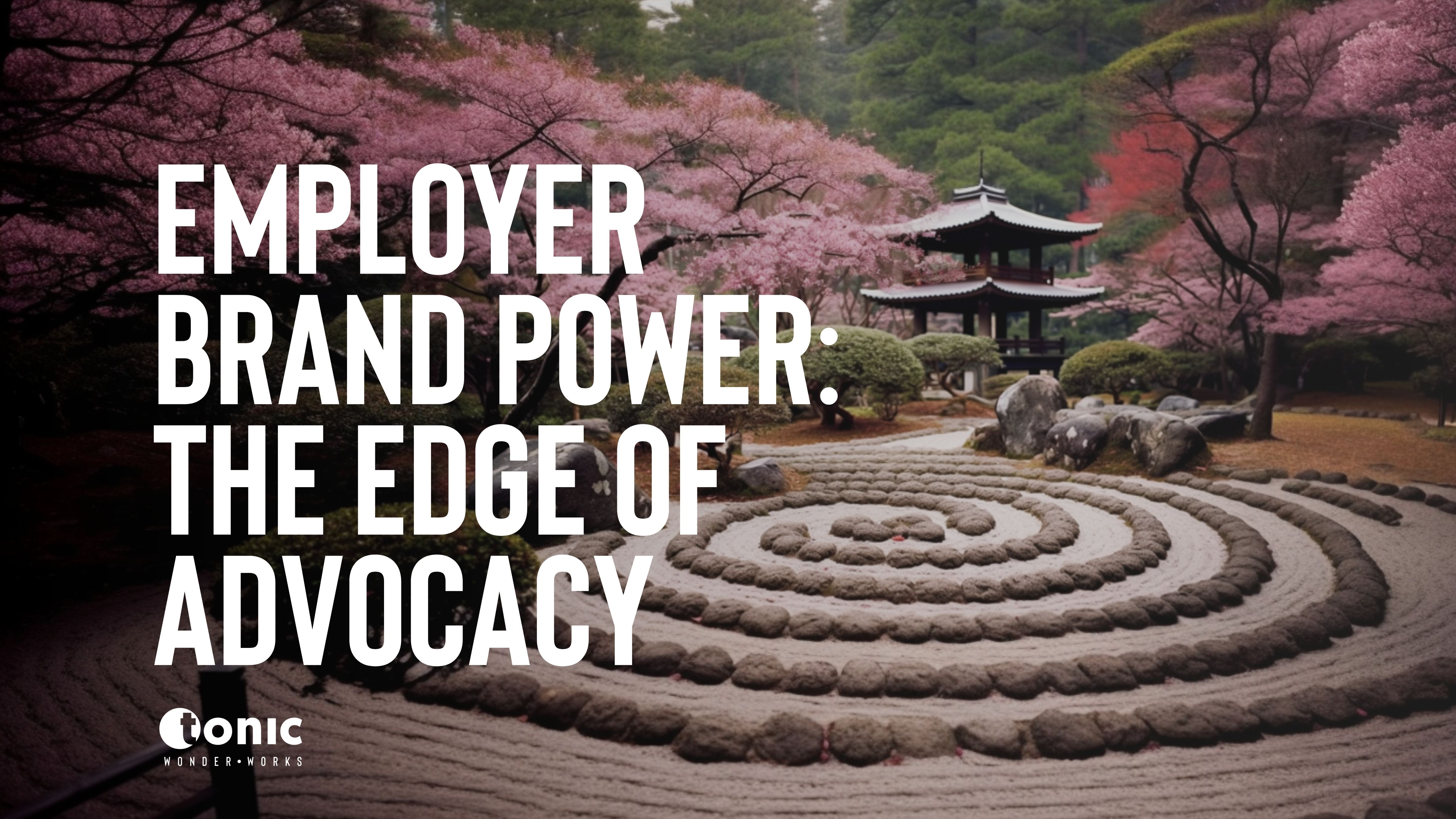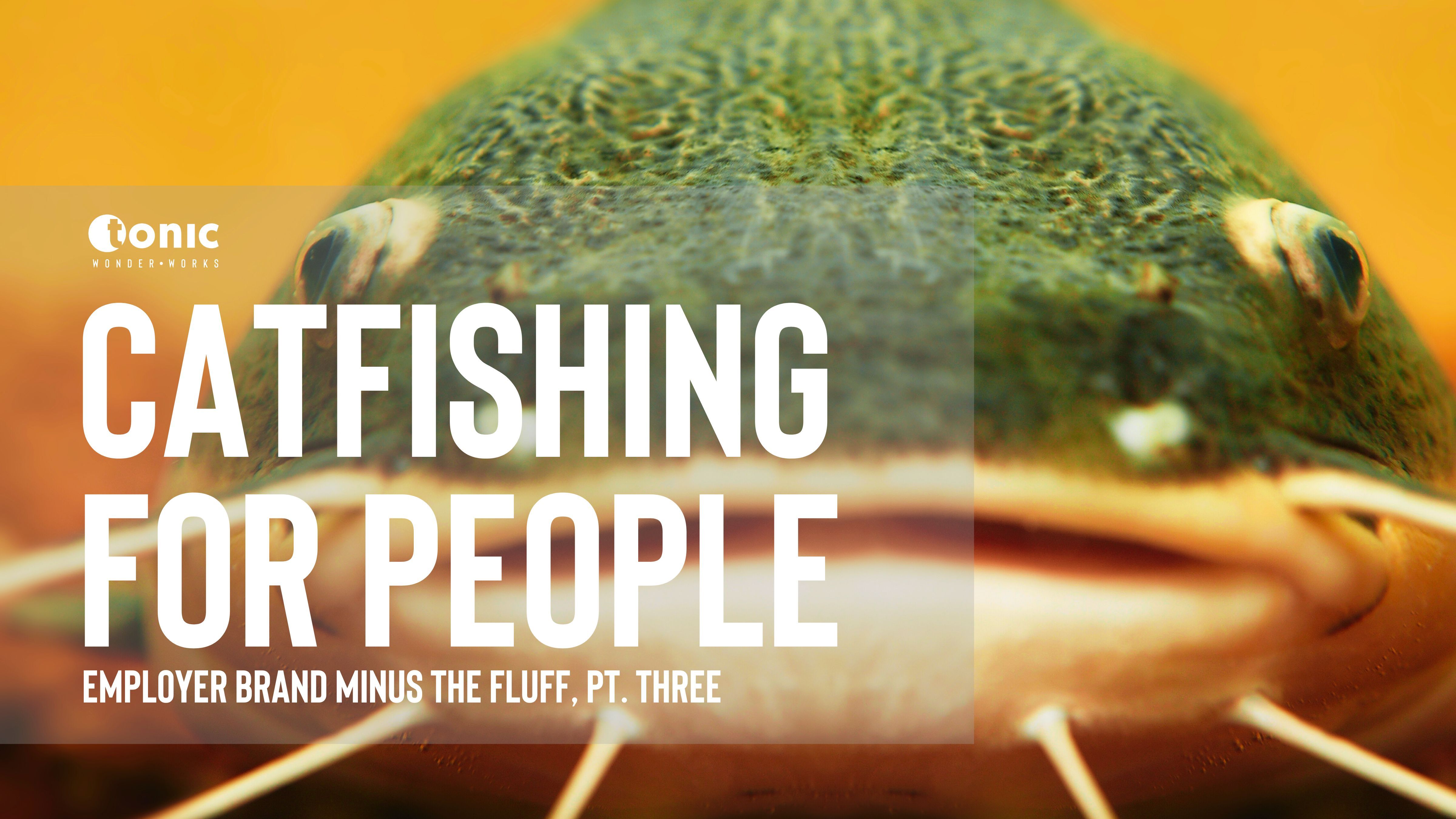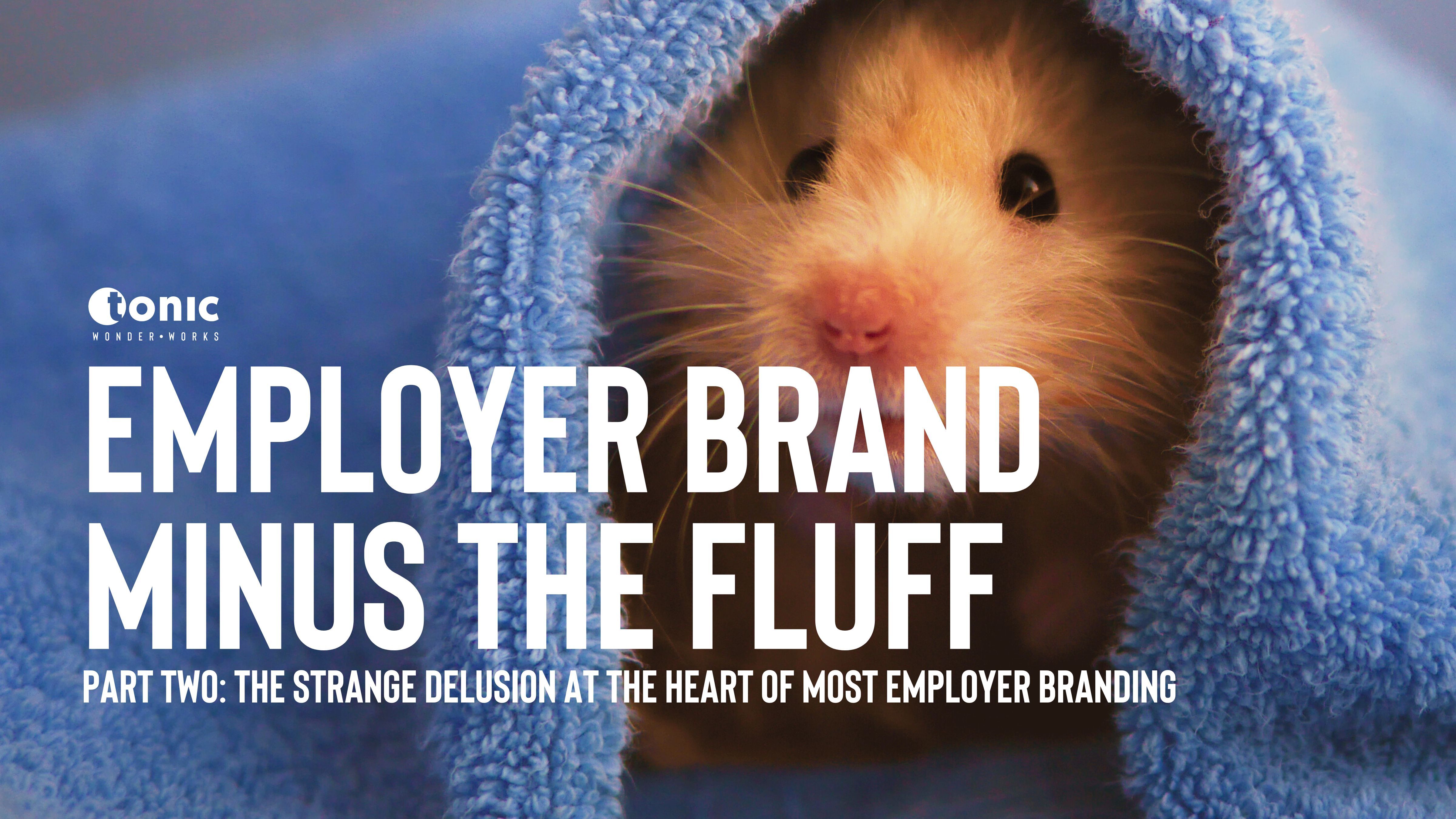In the broadest sense, brands don't ever really exist in a vacuum. They are the summation of perceptions, values, promises, and experiences. While external marketing can help shape those perceptions, the essence of a brand often resonates from within a company.
At Tonic, we're often approached by employers keen to enhance brand reach and trust. Our experience has consistently shown that one of the most potent tools for achieving this sits within the voice of their employees. The brand story isn't just about the product or service. It's about the people behind it.
This isn’t new, of course. The link between employee advocacy and brand strength has deep historical roots and remains equally pertinent today - and drives significant business benefits.
Cadbury: Crafting a Chocolate Tale
When you think of Cadbury, you might think of chocolate. But delve deeper, and there's the story of a village named Bournville. Cadbury's commitment to social welfare transformed this village into a model for employee well-being. By nurturing its workforce, Cadbury reaped the dividends of loyalty and advocacy.
Although no one would have used these exact phrases to describe what they were doing back then, they significantly increased their brand awareness and enhanced employee engagement. Employees felt part of something bigger and told their tales far and wide.
Like Cadbury, businesses can craft a compelling story by focusing on the people who breathe life into the brand every day. But it's not just the confectionery world where this rings true.
Robert Owen: The Industrial Dreamweaver
In an era where factories were synonymous with drudgery, Robert Owen's mills in New Lanark stood out as dream workplaces. Owen's progressive initiatives painted a story of a business that cared, turning his mills into beacons of positive change.
His care for his workers wasn't just good ethics; it was brilliant branding. It (again, my words) improved his employer brand, making his mills sought-after places of work, and presumably reduced the businesses recruitment costs significantly.
Similarly, in the world of retail, the importance of employee voices becomes evident.
John Lewis Partnership: Every Employee, A Stakeholder
The narrative of the John Lewis Partnership isn't just about retail excellence; it's centred around shared ownership. Every employee, or 'partner', plays an intrinsic role in the company's success. Such a narrative of inclusivity and shared prosperity reinforces trust and magnifies brand reach - even when trading is tougher.
Henry Ford: Driving Change Beyond Cars
Ford's innovation wasn't restricted to revolutionising the automobile industry. By prioritising employee welfare and famously doubling the weekly wage, Ford transformed the brand into a symbol of innovation in industrial relations - and increased sales too. Workers could now afford to buy the cars they made, and consumers knew that happier workers equalled higher quality products. When businesses put their people first, it becomes an essential chapter of their corporate story.
The Guinness Brewery: Brewing Pride
Guinness ensured that every pint wasn't just brewed with ingredients but also with pride. By ensuring the well-being of its workforce, the brewery turned every worker into a brand ambassador, inevitably leading to increased brand awareness and, by extension, sales. This underlines the principle that when employees are proud of their affiliation, they become the most genuine storytellers.
Drawing from history, it becomes clear that businesses can harness significant benefits by giving employees a voice:
- Increased Brand Awareness
- Improved Employer Brand
- Increased Customer Trust
- Enhanced Employee Engagement
- Reduced Recruitment Costs
- Increased Sales
At Tonic, we champion the power of authentic stories. Time and again, we've witnessed that the most authentic, believable and trusted brand emerges from the heart of the organisation: its employees. By weaving their voices into the corporate narrative, businesses don't just tell stories—they live them.
Harnessing these benefits requires intent and strategy. If you're inspired to leverage the power of employee advocacy for your brand, here are some actionable tips:
- Make it Easy for Employees to Share Content: Simplify the process. Ensure content is easily accessible and shareable.
- Provide Employees with the Right Tools and Resources: Consider platforms specifically designed for employee advocacy to streamline content sharing.
- Recognise and Reward Employees for Their Participation: Monetary bonuses, recognitions, or exclusive perks can make employees feel valued.
- Create a Culture of Employee Advocacy: Foster an environment where sharing is an integral part of the company culture.
Remember, when employees speak, the world listens. If you haven’t tapped into the power of your employees’ voices yet, there’s no time like the present. And if you'd like to talk to us about how this happens, drop me a line.





